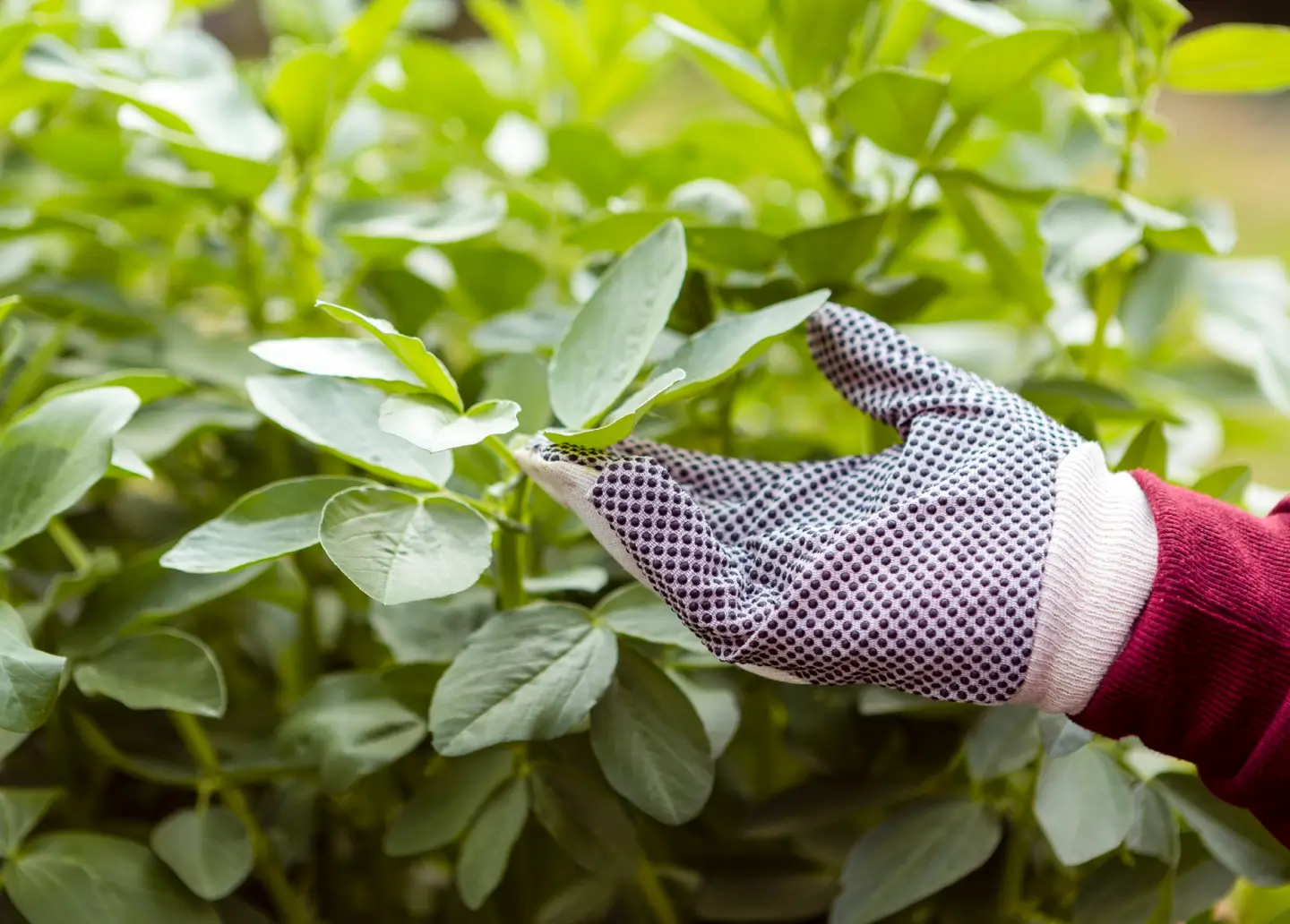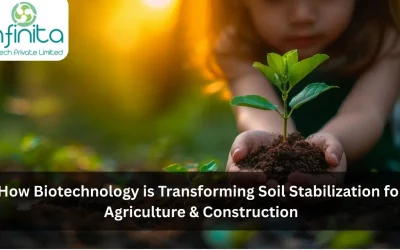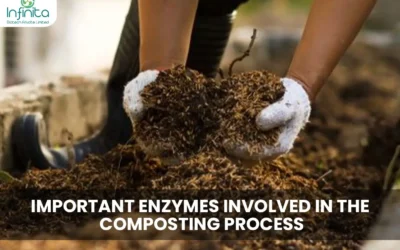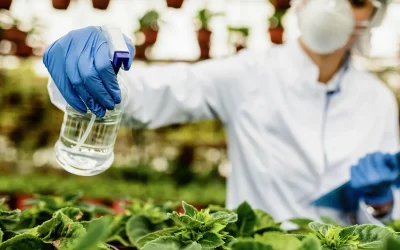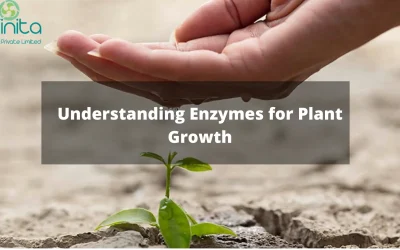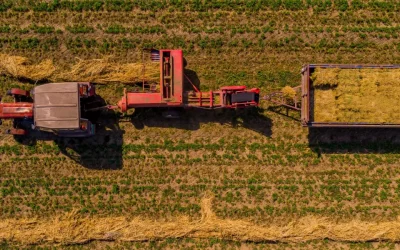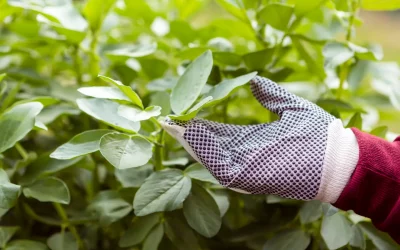Introduction
Cannabis is a plant known for its medicinal, recreational, and industrial uses. It contains active compounds called cannabinoids, such as THC (tetrahydrocannabinol) and CBD (cannabidiol), which interact with the human body in various ways. The cultivation and processing of cannabis require precision, and enzymes play a crucial role in optimizing its growth, extraction, and overall quality.
In this blog, we will explore what cannabis is, its key components, and how enzymes enhance its production and processing.
What Is Cannabis?
Cannabis is a flowering plant from the Cannabaceae family. It has been used for centuries for medicinal, industrial, and recreational purposes. The plant is classified into three main species:
- Cannabis sativa – Known for its uplifting and energizing effects.
- Cannabis indica – Typically associated with relaxation and sedation.
- Cannabis ruderalis – Contains lower levels of THC and is mainly used for hemp production.
Key Compounds in Cannabis
Cannabis contains over 100 cannabinoids, but the most significant ones are:
- THC (Tetrahydrocannabinol) – The psychoactive compound responsible for the “high” sensation.
- CBD (Cannabidiol) – A non-psychoactive compound known for its therapeutic benefits.
- Terpenes – Aromatic compounds that influence the scent, flavor, and effects of cannabis.
How Do Enzymes Help Cannabis?
Enzymes play a vital role in the cultivation, extraction, and refinement of cannabis. They enhance growth, improve cannabinoid extraction, and contribute to better product quality.
1. Enzymes Improve Cannabis Growth
Enzymes are essential in soil health and nutrient absorption, promoting stronger and healthier plants.
- Cellulases and Hemicellulases break down organic matter, improving soil fertility.
- Proteases help release nitrogen, which is essential for plant growth.
- Phosphatases enhance phosphorus availability, supporting root development.
2. Enzymes Enhance Cannabinoid Extraction
During the extraction process, enzymes help break down plant cell walls, maximizing the yield of THC, CBD, and other cannabinoids.
- Pectinases and cellulases break down plant fibers, making it easier to extract cannabinoids.
- Lipases aid in extracting oil-based cannabinoids, improving purity and efficiency.
3. Enzymes Improve Flavor and Aroma
Terpenes are responsible for the distinct flavor and aroma of cannabis strains. Enzymes help preserve these compounds by reducing oxidation and unwanted plant material during processing.
- Glycosidases release aromatic terpenes, enhancing the strain’s unique characteristics.
- Oxidoreductases prevent terpene degradation, maintaining freshness.
4. Enzymes Assist in Fermentation and Edibles
In cannabis-infused food and beverages, enzymes improve digestion and absorption.
- Amylases and invertases help break down starches and sugars in cannabis edibles.
- Proteases assist in breaking down proteins in cannabis-infused drinks.
5. Enzymes Help in THC and CBD Isolation
For pharmaceutical and medical applications, enzymes assist in refining and isolating cannabinoids to ensure high purity.
- Decarboxylases convert inactive cannabinoids (THCA and CBDA) into active THC and CBD.
- Esterases contribute to the bioavailability of cannabinoids in medical formulations.
Conclusion
Enzymes play a crucial role in the cannabis industry by improving plant health, optimizing extraction, preserving flavors, and enhancing product quality. As cannabis continues to gain acceptance in medical, recreational, and wellness industries, the use of enzymes in cultivation and processing is becoming increasingly important for efficiency and sustainability.
